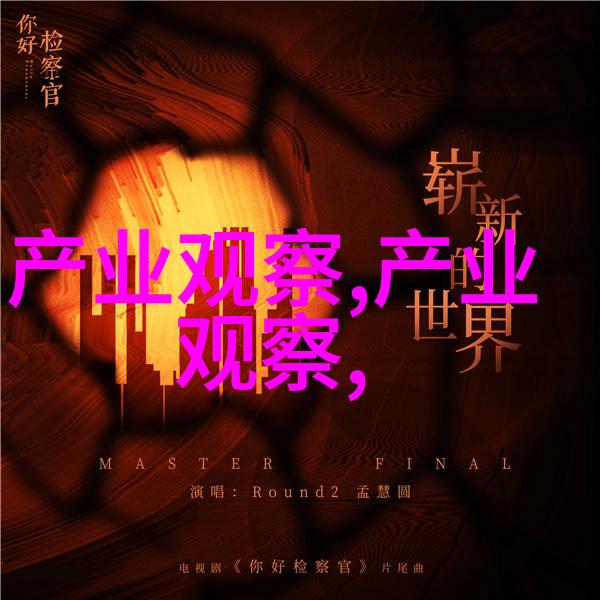The Rise and Fall of Retro Slang: How Forgotten Words Shape Our Understanding of Language Evolution

Introduction
In the ever-changing landscape of language, slang terms are often the first to fall out of favor. However, their impact on our understanding of how language evolves cannot be overstated. This article will explore the rise and fall of retro slang, its connection to "复古风英文" (retro English), and how it shapes our perception of language evolution.

The Golden Age of Retro Slang
The early 20th century saw a proliferation in popular culture that led to a surge in unique slang terms. These words were used by various social groups, including jazz musicians, beatniks, hippies, punk rockers, and hip-hop artists. As these subcultures rose to prominence so did their respective slangs.

The Connection Between Retro Slang and "复古风英文"
"复古风英文" refers to a style or fashion characterized by elements from past decades such as clothing styles from the 50s or music genres like swing dance or big band music from the 40s. It is not uncommon for people who appreciate this style also enjoy using vintage slang terms.

A Walk Through Time: Exploring Different Eras' Slangs
Jazz Age Slang (1920s): Terms like "cat," "joint," and "jazz baby" were popular during this era.
Beat Generation Slang (1950s): This period gave birth to words like "beatnik," "dig," and "cool."

Hippie Era Slang (1960s): Popular phrases included "groovy," "far out," and psychedelic-related words.
Punk Rock Movement's Vernacular (1970s/1980s): Known for short-lived but impactful phrases such as punk-rock-speak ("poseur") or Brit-pop ("lad").
Hip-Hop's Emergence in New York City Streets (late 1970s/early 1980)
Key expressions include rhyming rap lyrics that tell stories about life experiences with vivid imagery.
Why Do We Remember Some Words But Not Others?
There are several factors contributing to why certain slang terms become immortalized while others fade away:
Cultural significance: When a term becomes deeply ingrained within an era's culture it tends to stick around longer than those without much cultural relevance.
Frequency usage: If enough people use a particular word over time it can gain traction even after its initial popularity has waned.
Media representation: Movies or television shows featuring characters speaking in certain slangs may keep them relevant long after they have fallen out of common use among speakers themselves.
Conclusion
Retro slang serves as more than just fleeting expressions; they reflect societal shifts through history giving us insight into what was happening during different eras when we examine them now through linguistic lens called retro English – an evolving concept which captures both nostalgia for past times along with curiosity about how things changed over time leading up towards present day where new trends emerge constantly reshaping our vocabulary yet still allowing room for appreciation toward timeless aspects shared across generations through conversations held face-to-face despite advancements made possible by technology enabling global communication instantly accessible at fingertips worldwide today!




